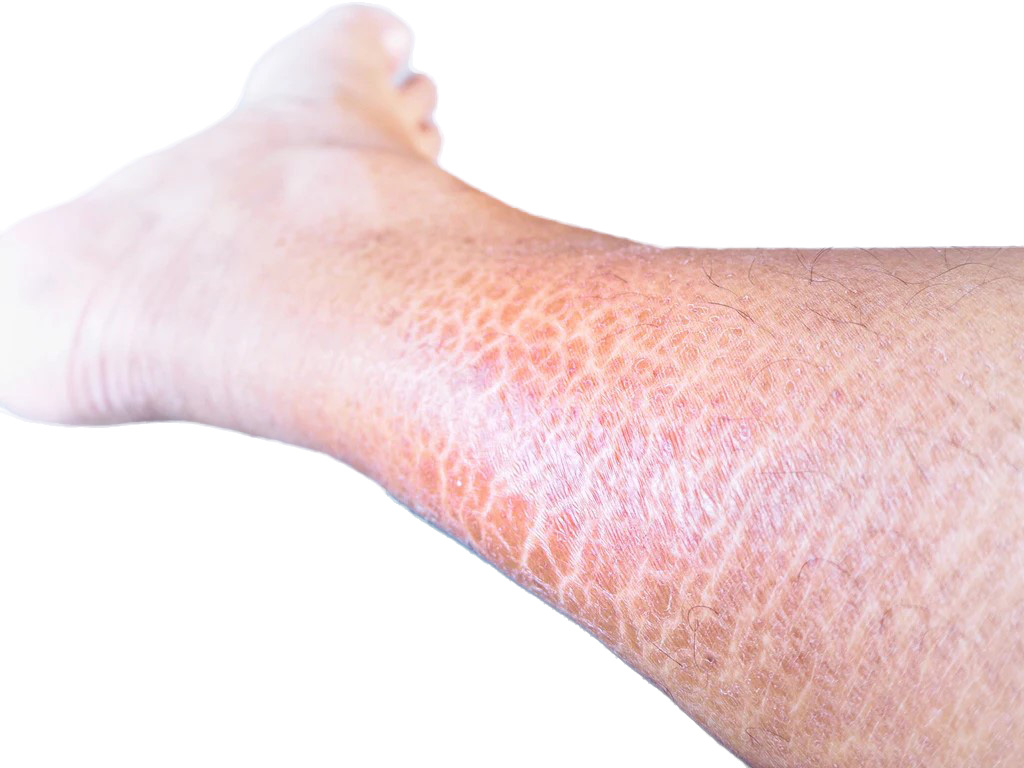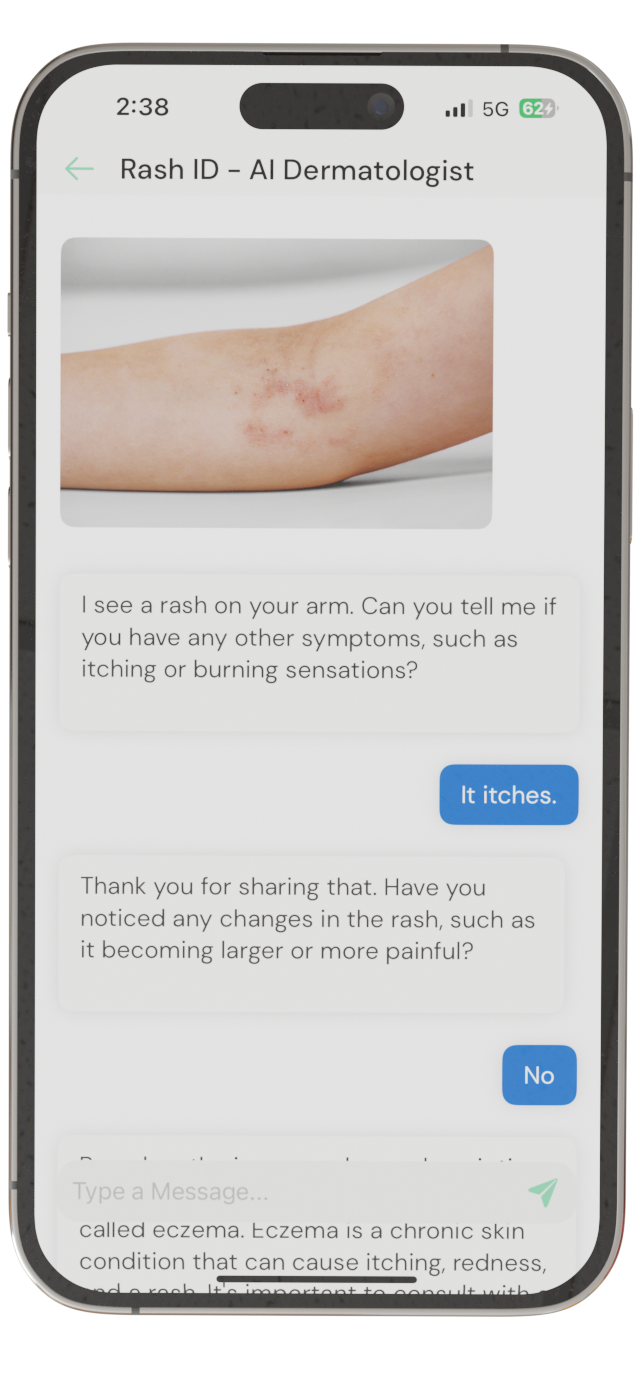
Ichthyosis Vulgaris: An In-Depth Guide
Ichthyosis vulgaris is a common skin condition characterized by dry, scaly skin. It is known as the "fish scale disease" because the skin looks like fish scales. This condition is usually inherited and begins in childhood, and while it cannot be cured, it can be managed effectively.
What is Ichthyosis Vulgaris?
Ichthyosis vulgaris is a genetic skin disorder affecting the skin's surface, leading to scaling and dryness. This non-contagious condition arises due to mutations in the filaggrin gene, which plays a crucial role in the formation of the skin barrier.
Who Gets Ichthyosis Vulgaris?
Ichthyosis vulgaris affects people of all genders and ethnicities. The condition is more noticeable in climates with low humidity. Those with a family history of ichthyosis vulgaris have a higher risk of inheriting the condition.
Symptoms and Causes
What are the Signs of Ichthyosis Vulgaris?
Typical signs and symptoms of ichthyosis vulgaris include:
- Dry, Flaky Skin: Especially notable on the extensor surfaces of the arms and legs.
- Scales: Small, fine, often white or light gray.
- Thickened Skin: Especially on the palms and soles.
- Itchiness: Varies in intensity.
What Causes Ichthyosis Vulgaris?
Ichthyosis vulgaris is most commonly linked to genetic mutations that affect skin renewal. The reduced production of filaggrin leads to the skin's inability to appropriately shed dead skin cells, resulting in accumulation and scaling.
Diagnosis and Tests
How is Ichthyosis Vulgaris Diagnosed?
Diagnosis is often clinical, based on the appearance of the skin. A healthcare provider will review family history and may perform a skin biopsy to examine the characteristics of the skin's cellular structure. Genetic testing can confirm the diagnosis in uncertain cases.
Management and Treatment
How is Ichthyosis Vulgaris Treated?
There is no cure for ichthyosis vulgaris, but treatments aim at managing symptoms and improving skin appearance.
Moisturizing Treatments:
- Emollients: Regular use of moisturizers such as Aquaphor®, Eucerin®, or Vaseline® to retain skin moisture.
- Urea Creams: Products like Urederm® to help loosen and remove dead skin.
Prescription Treatments:
- Keratolytics: Such as lactic acid (AmLactin®) or salicylic acid to help exfoliate scales.
- Topical Retinoids: For more severe cases, medications such as tretinoin might be prescribed to regulate skin cell turnover.
- Note: Always consult with a healthcare provider before starting new treatments.
Bathing Practices:
- Soaking in Water: Adding bath oils to water to help hydrate the skin.
- Exfoliation: Using a gentle exfoliant to aid in the removal of scales without aggravating the skin.
Preventive Measures
- Hydration: Keeping the skin moisturized is key to management.
- Avoid Irritants: Use mild soap and avoid hot water to prevent drying out the skin further.
- Humidifier Use: Especially in dry climates, a humidifier can maintain air moisture.
Outlook / Prognosis
Can Ichthyosis Vulgaris Come Back?
Given it's a genetic condition, ichthyosis vulgaris persists throughout life but can be managed effectively with continuous skin care.
What are the Complications?
Persistent dryness and scaling can lead to skin infections or eczema. Rarely, the thickening can lead to overheating due to reduced sweat glands function in affected areas.
When To Consult a Doctor
Contact a healthcare provider if:
- There is sudden aggravation in symptoms.
- Over-the-counter treatments aren’t improving the condition.
- There are signs of infection such as redness, swelling, or pus.
Questions to Ask Your Doctor
- What specific treatments are best for my condition?
- Are there lifestyle adjustments that could help manage symptoms?
- How frequently should topical treatments be applied?
Additional Resources
For further information on managing ichthyosis vulgaris, you can visit:
- National Institute of Arthritis and Musculoskeletal and Skin Diseases (NIAMS): Ichthyosis Vulgaris
- American Academy of Dermatology: Ichthyosis vulgaris
This guide provides authoritative insight into managing and understanding ichthyosis vulgaris, aiding patients and caregivers on their journey to effective skin care.

Identify Skin Conditions Instantly
Try Rash ID for Free